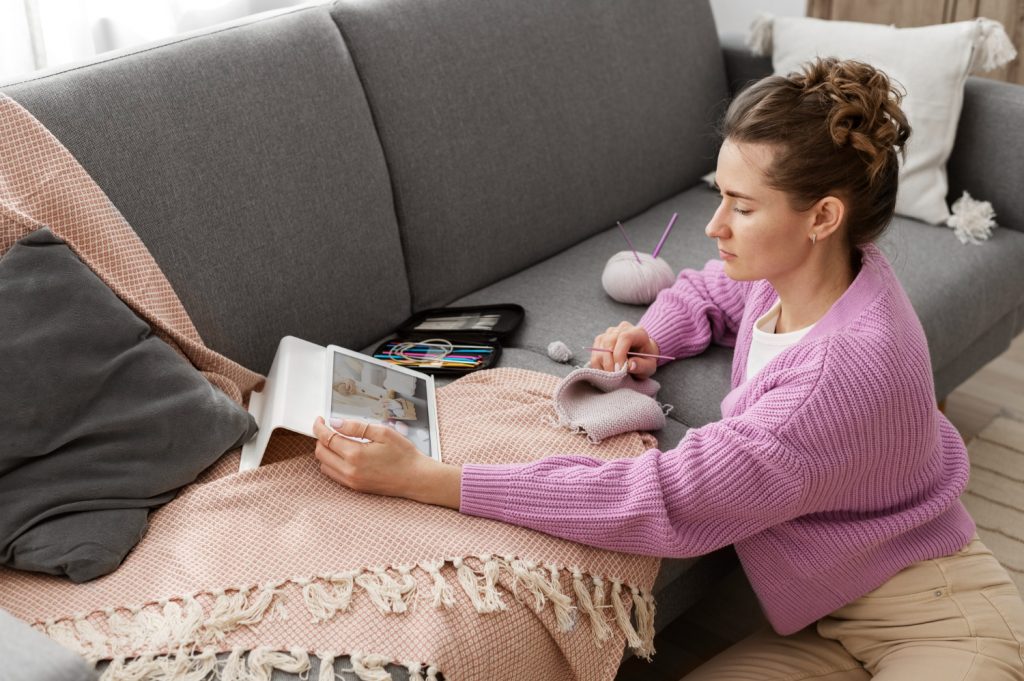Now Reading: Why Verifying Information Sources Matters: A New Culture of Critical Thinking Online
-
01
Why Verifying Information Sources Matters: A New Culture of Critical Thinking Online
Why Verifying Information Sources Matters: A New Culture of Critical Thinking Online

In today’s digital world, social media has become our go-to source for news, entertainment, and daily updates. But with this convenience comes a significant risk: the spread of misinformation. Social media feeds are flooded with a never-ending stream of posts, tweets, videos, and articles—many of which seem compelling or urgent but aren’t always reliable.
It’s incredibly easy to get caught up in sharing sensational stories or reacting instinctively without stopping to think about where that information actually originated. Not every piece of content you see online has been thoroughly fact-checked, and this can lead to serious consequences. When false information spreads unchecked, it can shape opinions based on inaccuracies, reinforce stereotypes, or even incite panic and confusion.
That’s why verifying your sources is more important now than ever. Developing a habit of questioning where information comes from is a key step toward building a more informed and responsible digital community. Asking yourself crucial questions like: Who created this content? What evidence do they provide to support their claims? Are they reputable and credible sources? Am I simply accepting this at face value, or am I making an effort to dig deeper?
When you verify sources, you empower yourself to distinguish the real news from the fake. This doesn’t just protect you from being misled—it encourages a culture where truth and accuracy are valued. And your efforts can inspire others around you to do the same, helping curb the spread of misinformation. Think of source verification as your digital hygiene practice: just as washing your hands keeps you healthier physically, verifying information keeps the online space healthier and more trustworthy. It’s about being active rather than passive in your online interactions, cultivating a thoughtful, reflective attitude toward content rather than mindlessly accepting everything you see.
In the end, this approach helps build a safer, more truthful internet environment—one where genuine knowledge takes center stage and falsehoods struggle to thrive. It’s not just about protecting yourself; it’s about creating a ripple effect that elevates the entire online community. So next time you see that sensational headline or shocking claim, take a moment. Check the source. Question the credibility. Your digital health depends on it.
Embracing a Culture of Critical Thinking Online: How Small Changes in How We Approach Information Can Make a Big Difference
Switching gears from just verifying occasionally to adopting a new mindset around information is key to fostering a healthier online environment. It’s not just about being cautious; it’s about actively cultivating curiosity, skepticism, and analytical thinking before you accept or share any content. This shift in how we approach digital information is crucial because, with so much content at our fingertips, it’s surprisingly easy to stumble upon false claims, biased reports, or manipulated images that can subtly or overtly influence our opinions and behaviors.
Creating a culture of critical thinking means making it normal to question everything—whether it’s a trending news story, an photo post, or an opinion piece. The goal is to develop small but consistent habits that help you evaluate content more carefully, such as:
- Checking who the author or source is. Do they have expertise or credibility?
- Cross-referencing information with reputable news outlets or fact-checking sites.
- Looking out for signs of misinformation, like overly sensational language, lack of sources, or dubious claims.
- Considering the motives behind the post—Are they trying to sell something? Do they have a bias?
By integrating these habits into your online routine, you’re not just protecting yourself—you’re helping to build a more discerning and truthful digital ecosystem. These small acts of skepticism foster curiosity and a desire to understand more deeply, shifting our engagement from passive scrolling to active investigation.
This new culture of critical thinking also encourages healthy skepticism without veering into cynicism. It’s about asking questions, seeking evidence, and remaining open-minded while maintaining a healthy dose of doubt where necessary. When more people adopt this approach, we start to combat misinformation at its source, making the internet a space where honesty and credibility are valued rather than ignored.
Furthermore, these practices aren’t just for individuals—they can influence communities, ideas, and the overall online discourse. When you verify and question content regularly, you set a positive example others may follow. Over time, this creates a ripple effect—small habits that seem minor can collectively lead to a significant shift toward a more truthful, transparent, and responsible online culture.
In the end, it’s about reclaiming our digital space. Making critical thinking second nature means less room for falsehoods to thrive and more space for genuine knowledge. So, next time you’re online, remember: a few simple questions can go a long way. The more we question, verify, and analyze, the more we contribute to a better internet—one where truth, curiosity, and integrity are at the forefront.
























